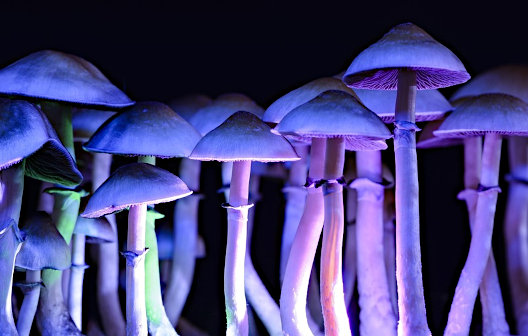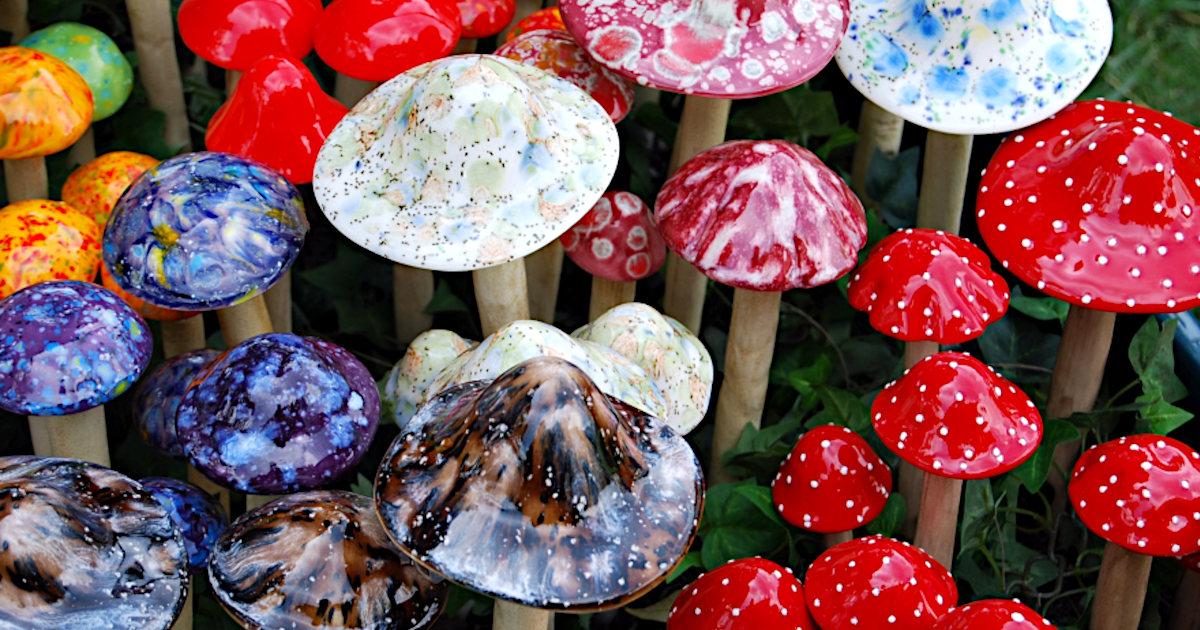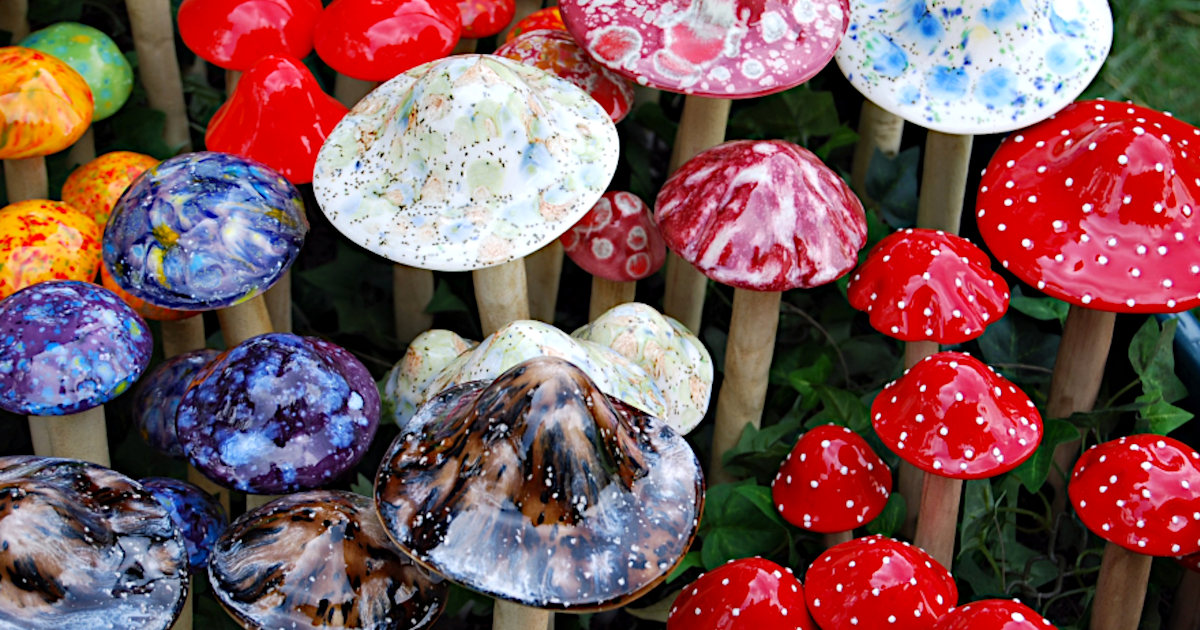Image Credit: Janine (Wikimedia)
Prominent Study Suggests “Magic Mushroom” Ingredient on Depression has Long-Term Benefit
What happens months after research is completed to determine the effectiveness of an experimental substance such as psilocybin, the chemical found in “psychedelic” mushrooms? Are the subjects whose results were recorded earlier revisited to determine long-term impact or effectiveness?
In a follow-up to a year-old study, researchers at Johns Hopkins measured the impact of treatment for major depressive disorder of a psychedelic treatment with psilocybin for periods up to a year. The initial data demonstrated that those treated were still benefitting one month after treatment. It has now been 12 months, the participants were again measured, and the conclusion of the research shows substantial antidepressant effects of psilocybin-assisted therapy, given with supportive psychotherapy, may last at least a year for some patients.
“Our findings add to evidence that, under carefully controlled conditions, this is a promising therapeutic approach that can lead to significant and durable improvements in depression,” said Natalie Gukasyan, M.D., assistant professor of psychiatry and behavioral sciences at the Johns Hopkins University School of Medicine. Professor Gukasyan, added the caveat, “the results we see are in a research setting and require quite a lot of preparation and structured support from trained clinicians and therapists, and people should not attempt to try it on their own.”
About the Study
The researchers recruited 27 participants with an approximately two-year history of depression. Men totaled 8, women made up the remaining 19. Eighty-eight percent of the participants had previously been treated with common antidepressant medications, and 58% reported using antidepressants in their current depressive episodes. The average age of participants was 40.
Participants were randomized into one of two groups in which they received the intervention either immediately, or after an eight-week waiting period. At the time of treatment, all participants were provided with preparatory meetings with the treatment facilitators. Then participants received two doses of psilocybin, given approximately two weeks apart between August 2017 and April 2019. The subjects returned for follow-up after one day and one week after each session, and then at one, three, six, and 12 months following the second session. 24 participants completed both psilocybin sessions and all follow-up assessment visits.
The researcher’s initial report stated that psilocybin treatment in both groups produced large decreases in depression and that depression severity remained low one, three, six, and 12 months after treatment. Depressive symptoms were measured before and after treatment using the GRID-Hamilton Depression Rating Scale. This is a standard depression assessment tool, in which a score of 24 or more indicates severe depression, 17–23 moderate depression, 8–16 mild depression, and 7 or less no depression. For most participants, scores for the overall treatment decreased from 22.8 at pretreatment to 8.7 at one week, 8.9 at four weeks, 9.3 at three months, 7 at six months, and 7.7 at 12 months after treatment. Participants had stable rates of response to the treatment and remission of symptoms throughout the follow-up period, with 75% response and 58% remission at 12 months.
Take-Away
There continues to be a growth in clinical level medical research and analysis of once-taboo psychedelics, particularly psilocybin. Treatment with psilocybin has shown promise in research settings for treating a range of mental health disorders and addictions. In this most recent release of study results at Johns Hopkins Medical. The chemical found in some mushrooms “not only produces significant and immediate effects, it also has a long duration, which suggests that it may be a uniquely useful new treatment for depression.” The significance is, standard antidepressants, must be taken over long periods of time. Based on this small study, psilocybin has the potential to relieve symptoms for extended periods measured in months, with only one or two treatments.
Paul Hoffman
Managing Editor, Channelchek
Suggested Reading
 Will Investors Experience a Quicker High in Psychedelics as Cannabis Creates the “Model”?
|
 A Quick Look at 8 Small Caps in the Growing Psychedelics Space
|
 Cannabis Bank Sowing New Seeds as it Announces SPAC Merger
|
 Marijuana is Winning the Sports Battle
|
Sources
https://jamanetwork.com/journals/jamapsychiatry/fullarticle/2772630?resultClick=1
https://tripsitter.com/magic-mushrooms/legal/
https://journals.sagepub.com/doi/10.1177/02698811211073759
Stay up to date. Follow us:

|


